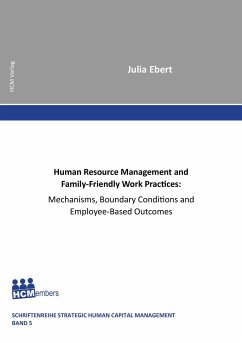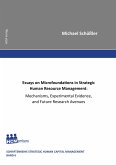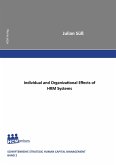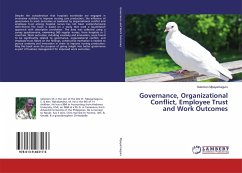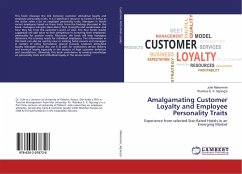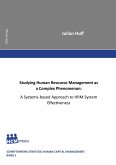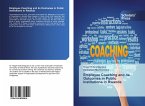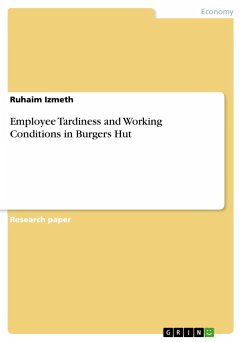As part of their employee-oriented human resource management (HRM) systems, firms increasingly offer family-friendly work practices (FFWP) that are intended to help employees reconcile their work life with their private responsibilities. These include flexible working time arrangements, telework, childcare support, and related practices. While the public debate predominantly assumes that these practices positively affect firm performance, empirical research provides only limited evidence for the assumption. Therefore, research has focused on mediating mechanisms like employee attitudes and behaviors. This dissertation analyzes the effects of HRM practices and FFWP on attitudinal and behavioral employee outcomes by studying mechanisms, boundary conditions, and comparing methodological approaches. The first two studies empirically examine the influence of FFWP on two important retention-related outcomes, that is, voluntary turnover, and mother¿s return to their employer after childbirth. The third study considers the potential interactive nature of HRM practices. It evaluates two different methodological approaches for identifying interactions between HRM practices: hierarchical linear models and neural networks.
Hinweis: Dieser Artikel kann nur an eine deutsche Lieferadresse ausgeliefert werden.
Hinweis: Dieser Artikel kann nur an eine deutsche Lieferadresse ausgeliefert werden.

